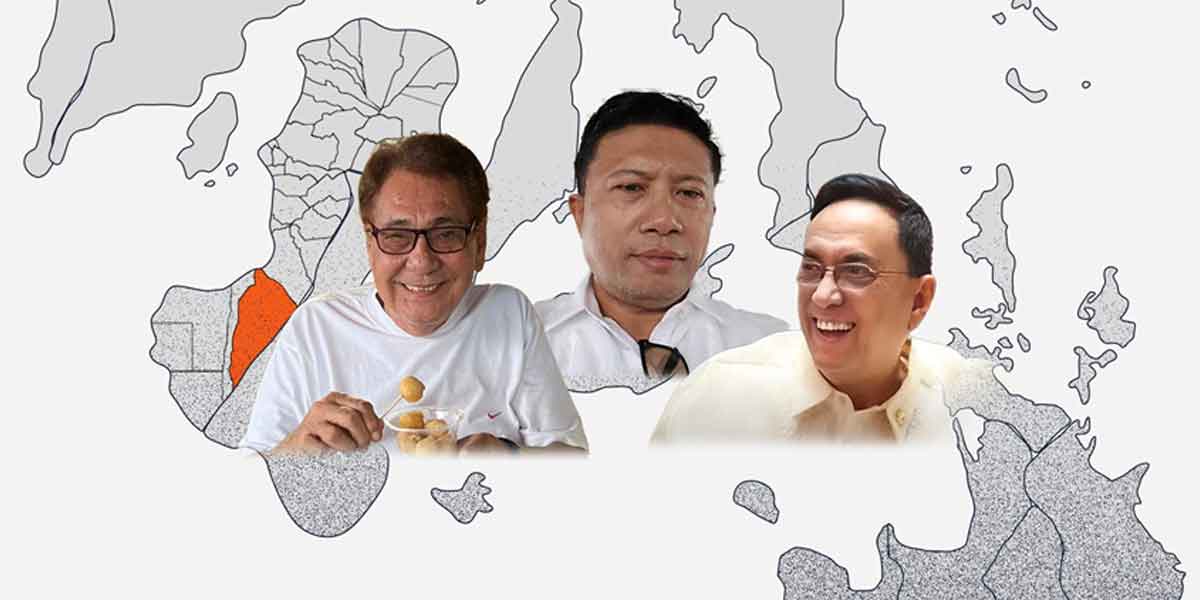Local designers could soon enjoy an easier and more cost efficient way to protect their designs worldwide as the Philippines aims to accede to the Geneva Act of the Hague Agreement Concerning the International Registration of Industrial Designs (IDs) by 2024.
Under the Hague Agreement, a designer can file a single ID application with minimal paperwork directly to the World Intellectual Property Organization through their eHague online system. The system requires a single set of requirements and payment through a single currency (Swiss francs). The centralized management system also allows the applicant flexibility in targeting national or regional markets.
“With the Hague System, a local designer would have a way to protect their IDs in multiple jurisdictions through a simplified international filing system. This can prove to be advantageous, especially for our small and medium enterprises who can avail of the services of the Hague System and enjoy lower cost in filing fees compared with filing individually in each country,” said IPOPHL Director General Rowel S. Barba.
“We encourage more designers to take advantage of this once in place, hopefully next year upon our accession,” Barba said.
Currently, there are 79 member states—or 96 countries as inter-governmental organizations are also allowed to accede to the Agreement—under the Hague System. Upon its accession in 2024, the Philippines will be the fifth country in the ASEAN to be a member of the agreement, following Brunei, Cambodia, Singapore and Vietnam.
Hurdling awareness challenges
One challenge at the moment is low awareness. Not many local designers are aware that they must protect their designs separately from their businesses’ processes and brands, a move which Bureau of Patents Director Ann N. Edillon said could safeguard design assets more strongly from counterfeiting and other forms of intellectual property theft.
“A lot of our local designers don’t register their designs due to lack of awareness of the value of IDs. That’s the first major hurdle, which requires increasing public awareness. In the end, we hope to help them understand that there’s actual value in the design itself,” Edillon said.
According to a 2018 World IP Organization study aimed at understanding the use of IDs in ASEAN, the export revenues from design exceed the typical export shares in the general population of firms, suggesting design innovation may be an effective way to achieve growth in foreign markets.
ID holders surveyed, a total of 268 applicants, also assigned considerable value to their ID rights, averaging $30,000 to $100,000.
Improving readiness
To ensure local stakeholders will be ready to take advantage of the Hague Agreement upon accession next year, IPOPHL will be conducting information caravans and other campaigns to spread the word at ground level.
Meanwhile, the public consultation held in August provided an avenue to clarify the proposed rules to designer stakeholders and also extracted invaluable recommendations from stakeholders to expand the reach of IPOPHL’s ID programs and information sessions.
IPOPHL Deputy Director General Ann Claire C. Cabochan underscored the importance of the public consultations in gaining the stakeholders’ views, particularly to determine points for cooperation and areas where IPOPHL, as a member of the National Innovation Council, can provide further support to designers.
“As we go about our work, we are guided by what we would like to achieve, which is an enabling IP ecosystem. We appreciate the honest exchange of views during the consultation. These inputs will be pertinent to IPOPHL’s goal of seeing more and better designs to support our creative and innovative future,” Cabochan said. (Joseph Nacino/IPOPHL)






















